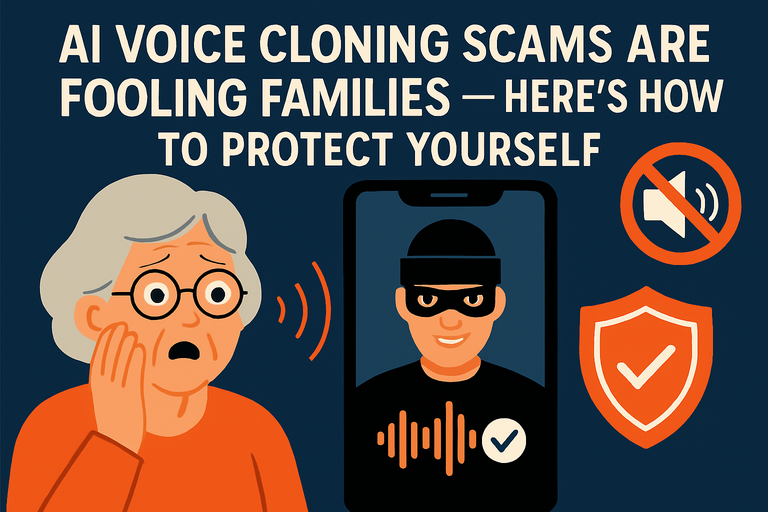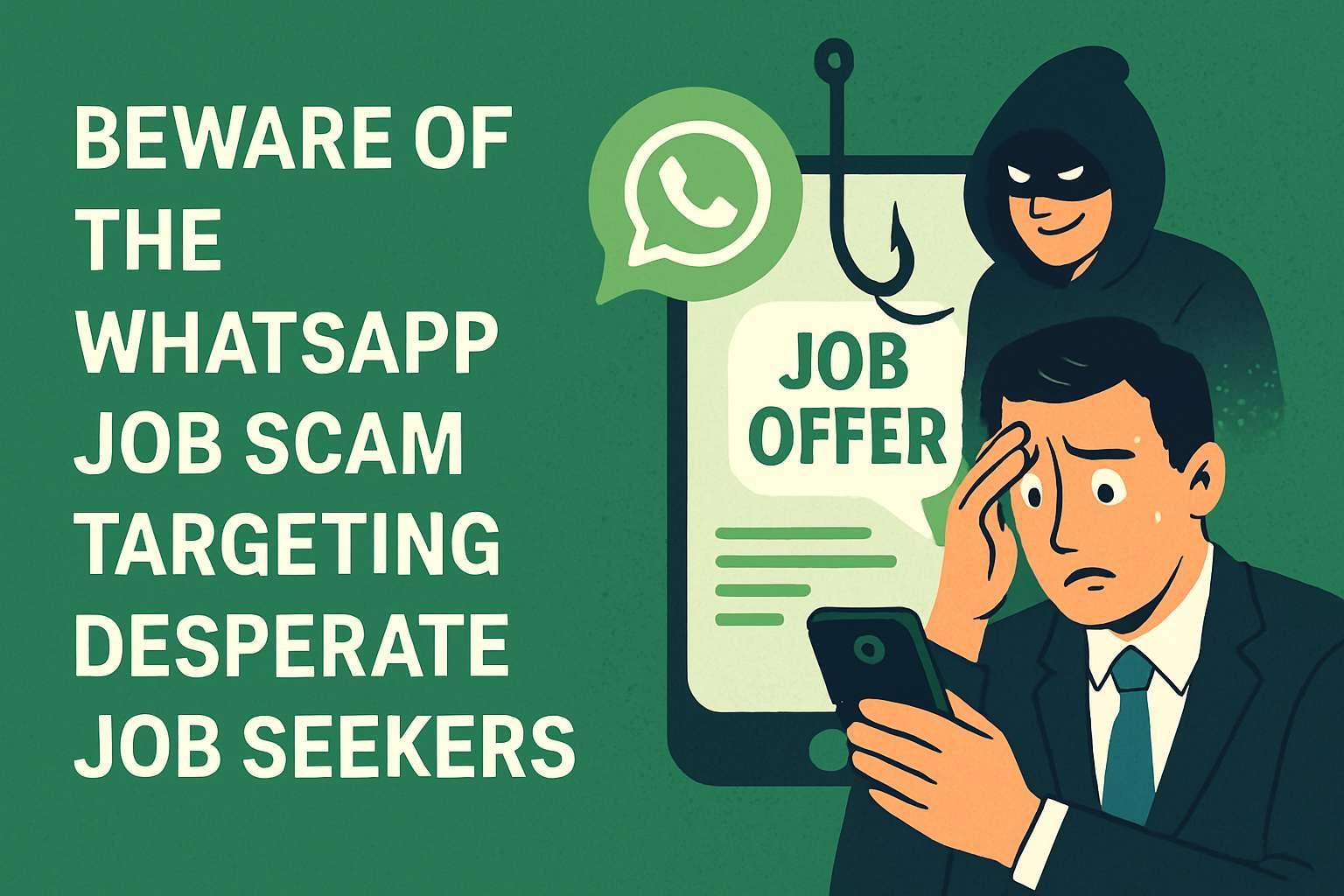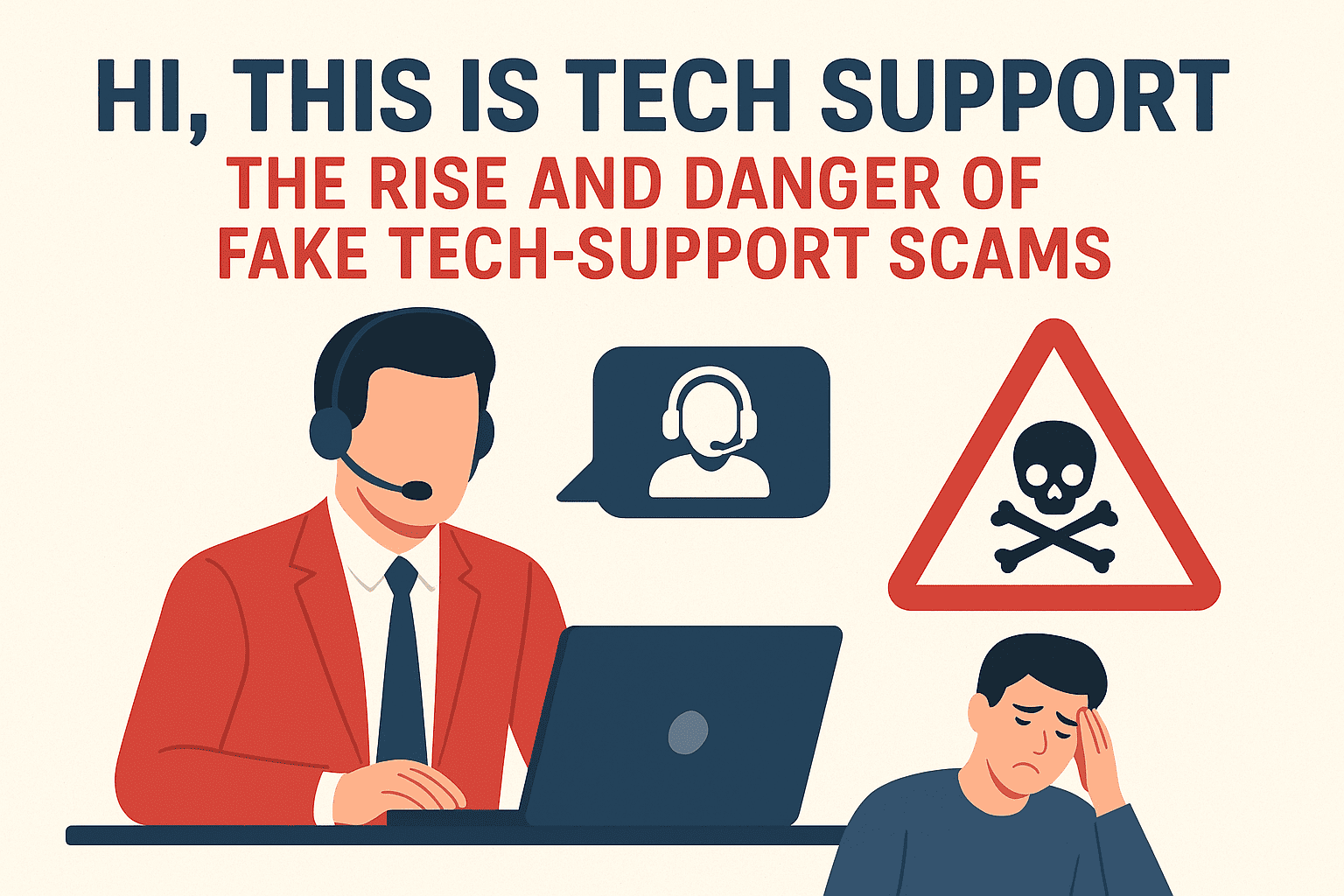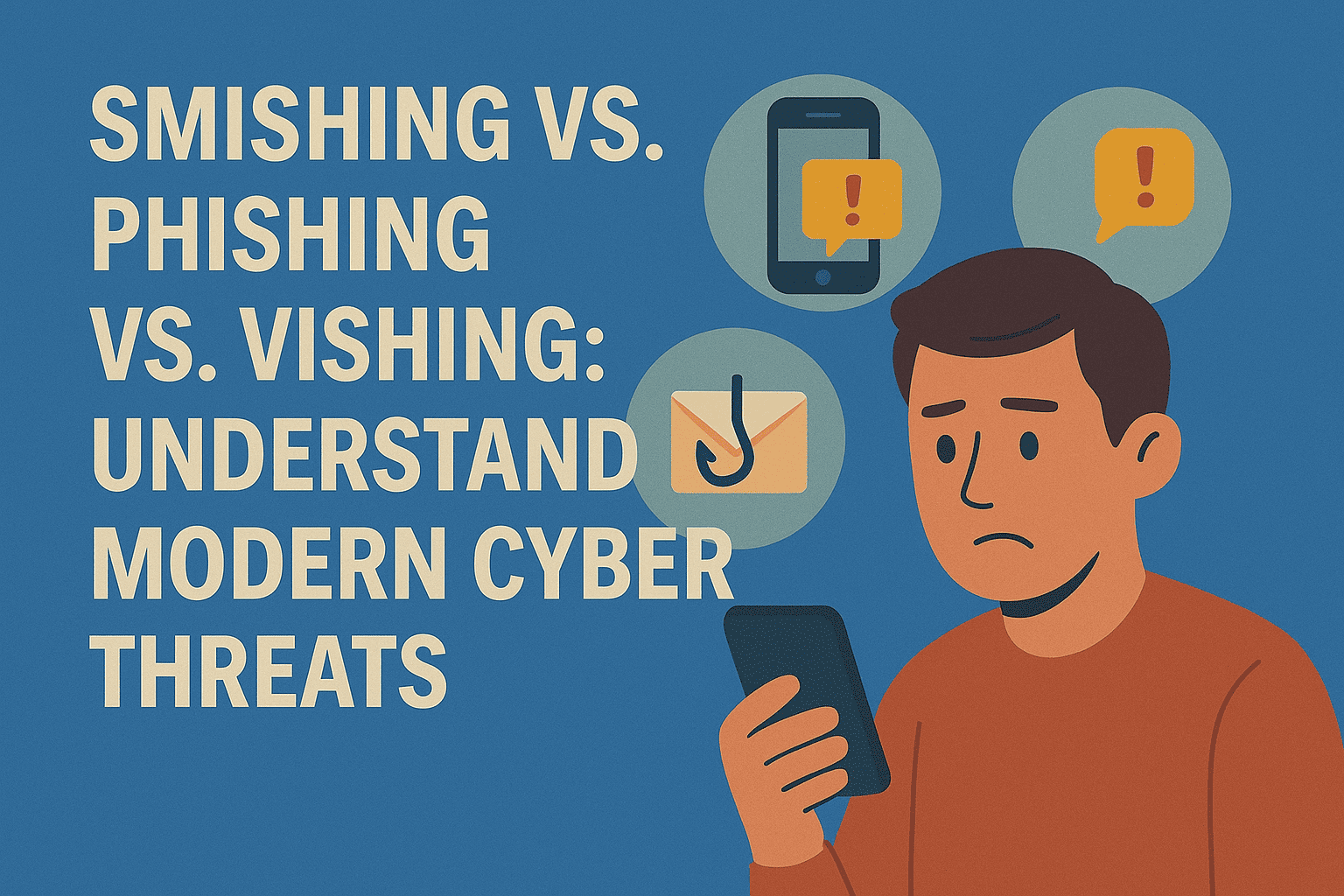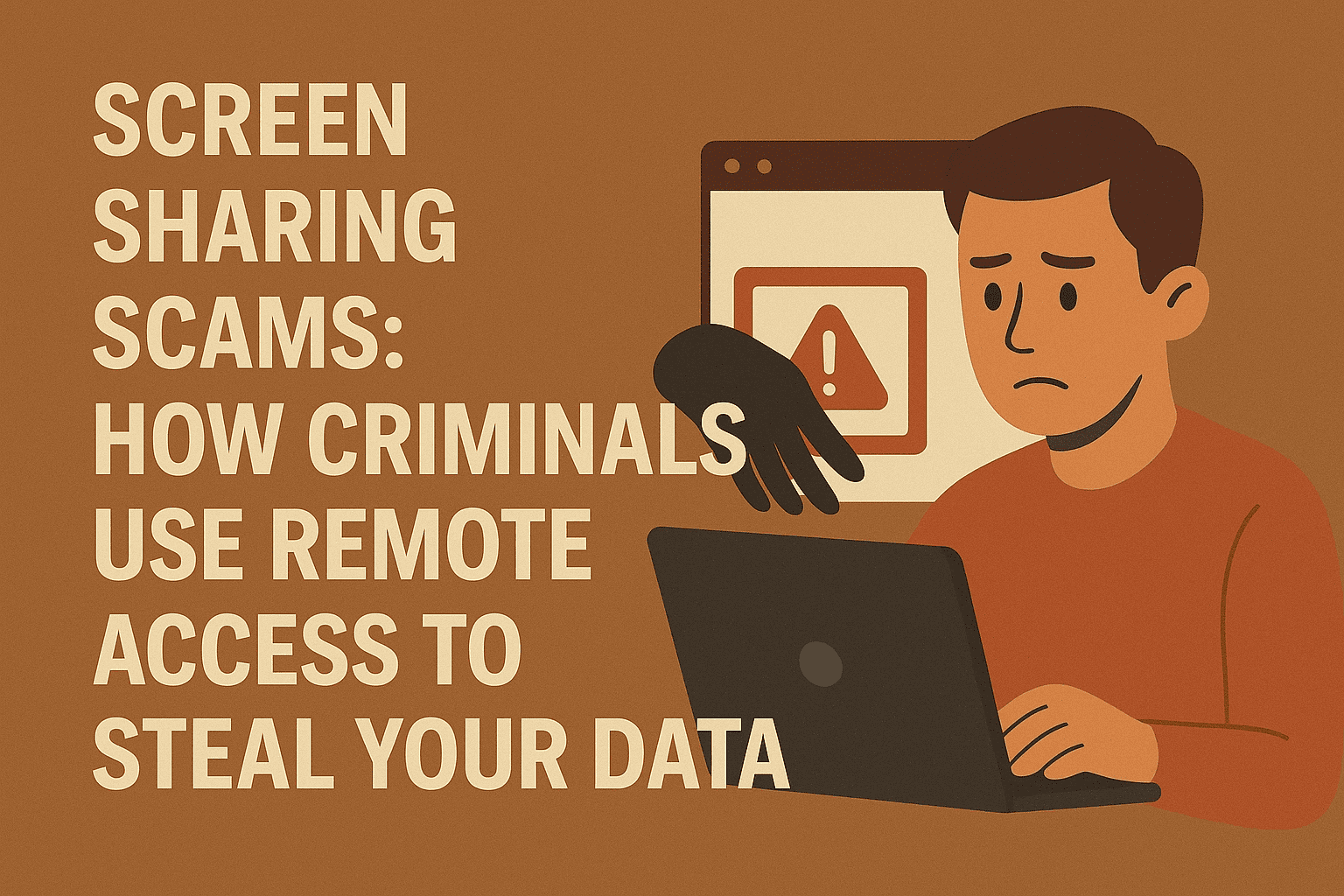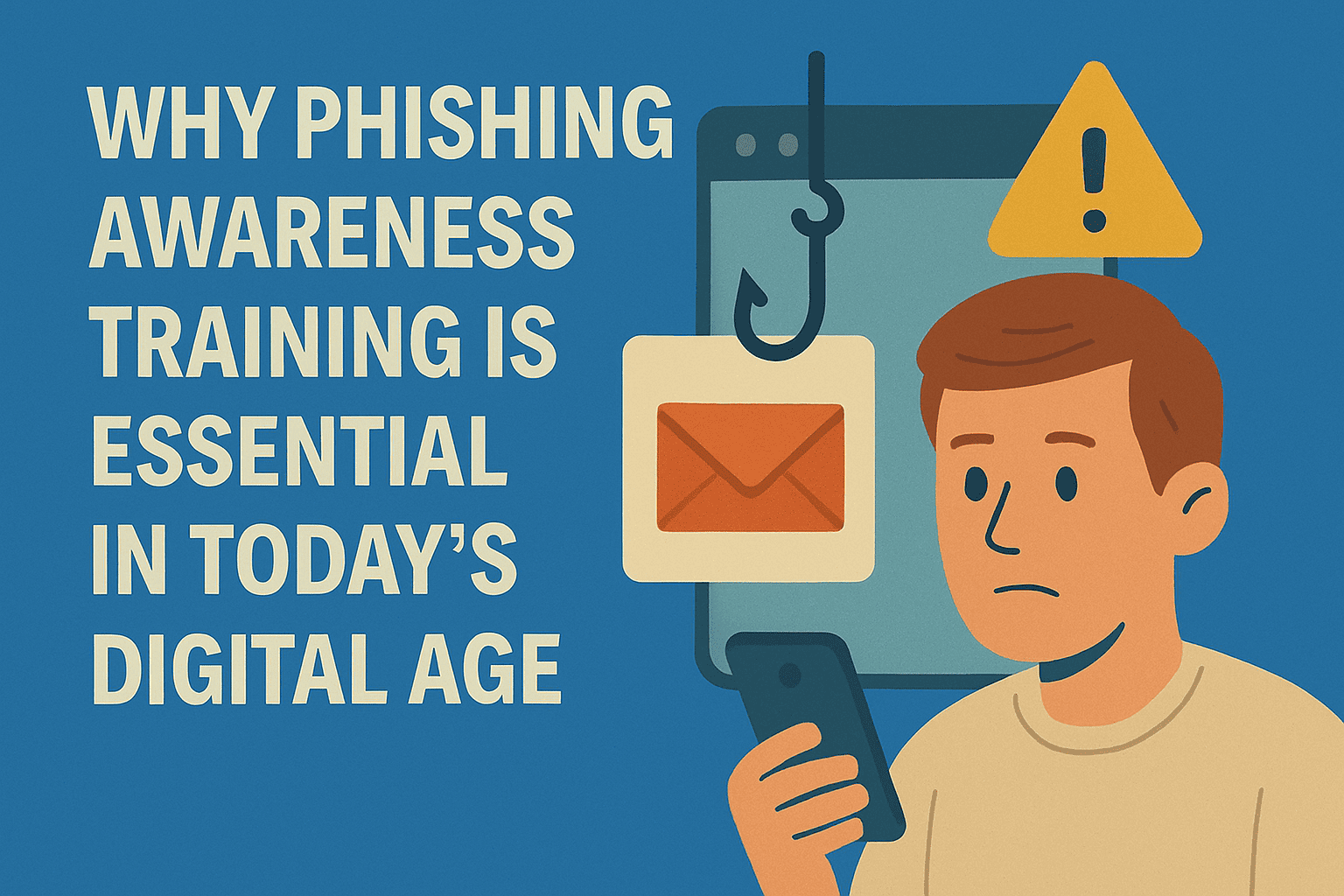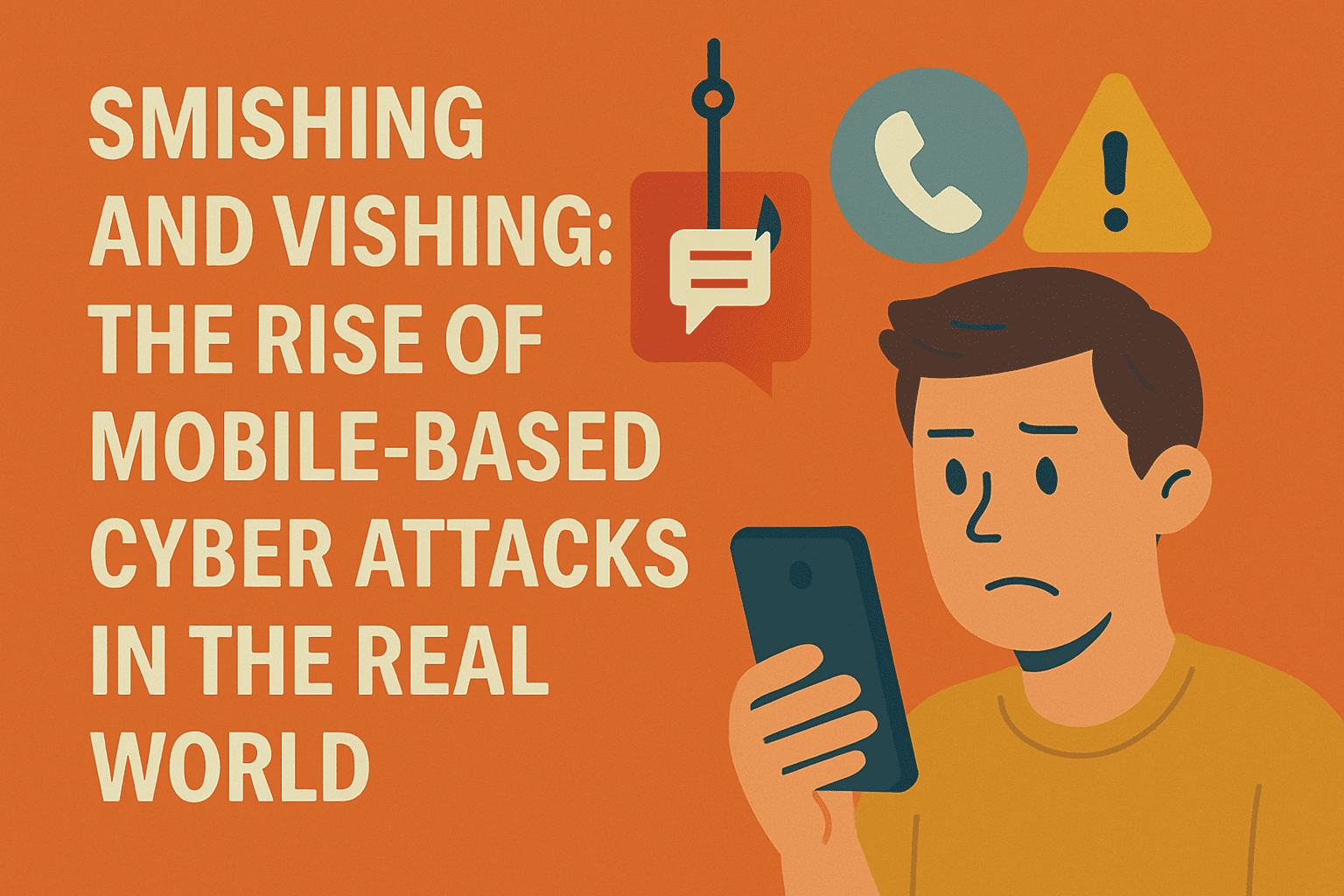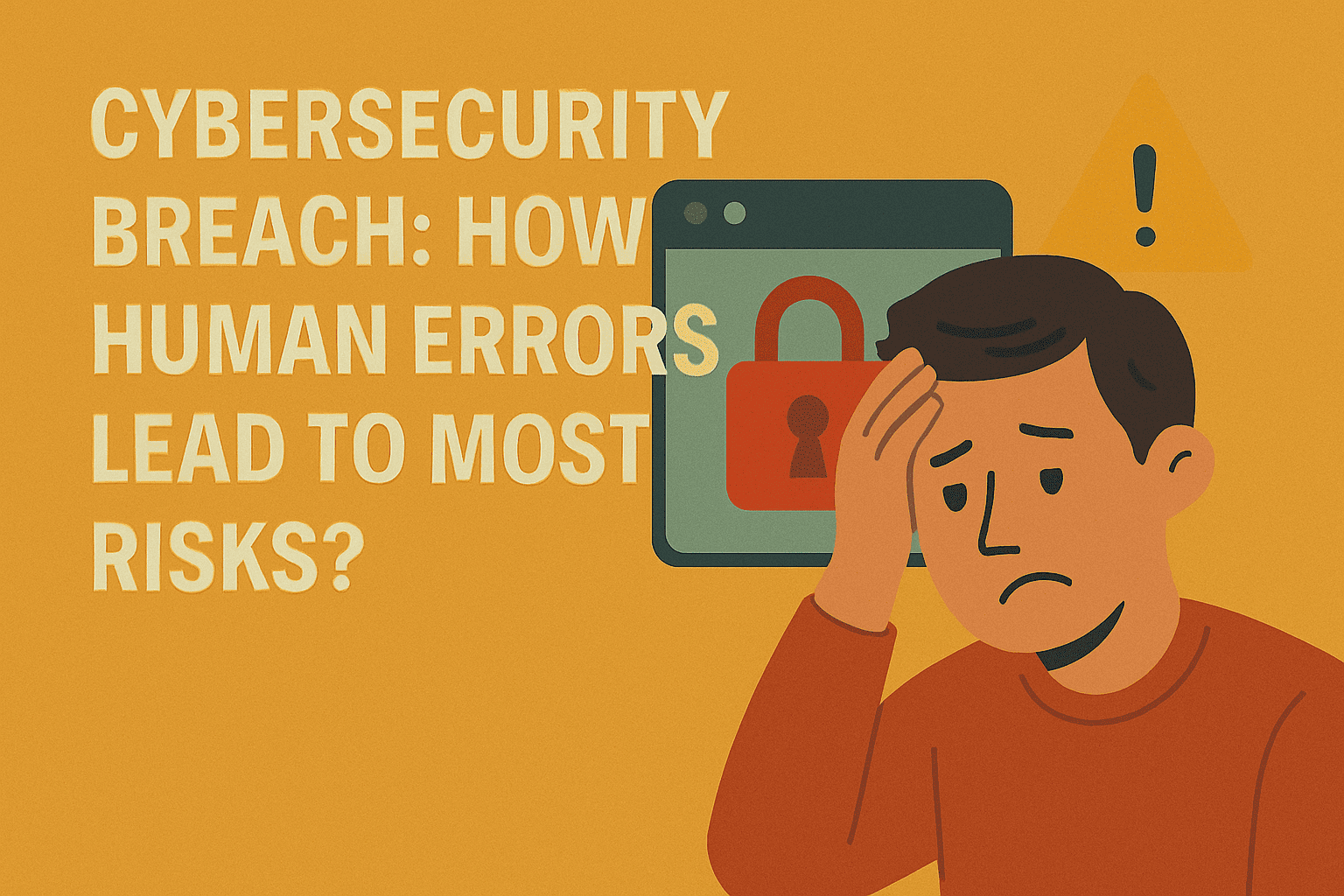AI Voice Cloning Scams Are Fooling Families — Here's How to Protect Yourself
Criminals are using AI to clone voices and impersonate loved ones over phone calls. Don't trust every familiar voice you hear.
🤖 What Is an AI Voice Cloning Scam?
AI voice cloning scams involve cybercriminals using AI-generated voice models to imitate someone close to you — your son, daughter, sibling, or friend.
They call you, and the voice sounds 100% real. The message is urgent:
-
“Mom, I’ve been in an accident!”
-
“I’m in jail, I need money for bail.”
-
“I’ve been kidnapped, don’t tell anyone — just send the money now.”
In a panic, people send money instantly — only to realize later that their actual loved one was safe all along.
🧠 How the Scam Works
-
Collecting Voice Samples
Scammers extract voice recordings from YouTube videos, social media reels, gaming streams, or even WhatsApp voice notes. -
AI Voice Cloning
Using free or paid AI tools (like ElevenLabs, MetaVoice, etc.), they generate a synthetic voice model of the target. -
Urgent Phone Call
Victims receive a call from a spoofed number. The AI voice impersonates a family member in distress, asking for urgent money transfer. -
Emotional Manipulation
Victims are told not to contact anyone else and to act fast — before they have a chance to verify the claim. -
Payment via UPI, Crypto, or Gift Cards
Money is requested through untraceable channels, after which the scammer disappears.
💔 Real Case in 2025
In May 2025, a businessman in Pune received a call from what sounded like his daughter, crying and saying she was kidnapped. The voice matched perfectly. Panicked, he transferred ₹1.2 lakh via UPI. Only later did he discover his daughter was safe at school — and the call had used AI voice cloning.
🚩 Red Flags to Watch For
-
Calls from unknown or private numbers
-
Overly emotional or dramatic speech
-
A familiar voice asking for urgent money
-
Claims like “I can’t talk long,” “don’t tell anyone,” or “just trust me”
-
Push for fast payment via UPI, crypto, or gift cards
🛡️ How to Stay Safe
-
Use a code word in your family that only real members know
-
If in doubt, hang up and call the person back directly
-
Never send money blindly — verify the situation with others
-
Educate your family — especially elderly parents — about this scam
-
Report such scams to cybercrime.gov.in immediately

